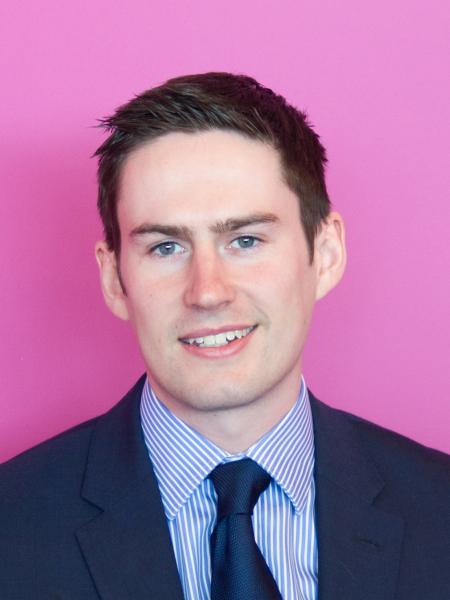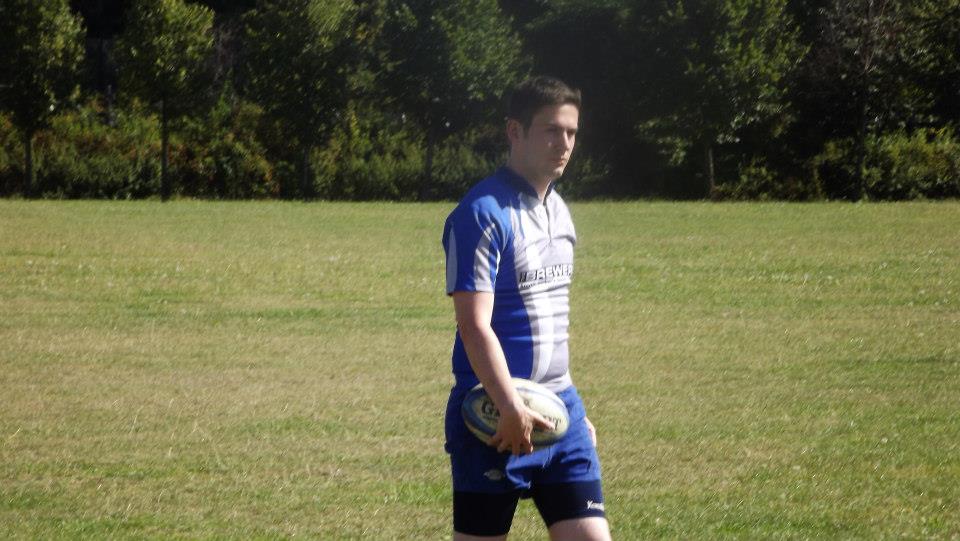Stuart Mason details his experiences in tackling homophobia in sport and in how to balance the seemingly impossible task of achieving religious freedom, and upholding LGBT rights.
I play rugby openly as a gay man in London alongside my team, the Kings Cross Steelers rugby club, and am actively involved in challenging discrimination in society with both my rugby team and with my LGBT group at work. I can assure you that when someone is running at you full pace during a match, the opposition's sexuality or religion becomes instantly irrelevant.
Despite having always loved sport, for some reason I grew up in a world that told me that because of who I am I shouldn't play, and I certainly couldn't be any good. I believe that my abilities have nothing to do with my sexuality. I can attest to the fact that you do not have to be a world class athlete or a world leader to change attitudes. LGBT people, just like everybody else, want to be treated as equals. I believe that if people are able to see beyond a person's religion or sexuality you can live and work together, and even play rugby against each other.
[[[image-1 large]]]
While taking part in this year’s London gay pride demonstration, I encountered a group of religious protesters who were calling me an abomination and saying that homosexuality was wrong. As a gay man, their words were incredibly hurtful and I was upset and angry; but then I stopped to think and realised I was being a hypocrite - they had as much right to express their views as I did.
I am privileged to have grown up in a tolerant society; but discrimination and homophobic crimes against LGBT and gay people are still prevalent. For example, in a recent Stonewall study, 17% of lesbian, gay, or bisexual people in the UK have personally experienced a homophobic hate crime or incident in the previous three years. A further Stonewall study shows that 96% of the young people surveyed had heard homophobic remarks in school; a problem that is indeed escalating in the UK.
Yet what is happening in the UK appears to be insignificant when compared against the atrocities facing LGBT people in many countries across the world. In over 70 countries homosexuals can be legally imprisoned and in at least seven countries homosexuality is still punishable by death. This means that in almost half the world it is a criminal offence to be gay. Religion, like homosexuality, is ultimately based on love and should be used as an agent for equal rights and respect towards one another.
As a lawyer I am interested in how human rights can be balanced, and in particular balancing the seemingly impossible of achieving religious freedom; as well as upholding LGBT rights. To achieve this, the starting position needs to be equality. If human rights are not based on equality, then what you have are human privileges; where one group is favoured over another.
The rule of law is an effective way of protecting minority groups, while also encouraging social change. The problem with changing laws and attitudes is that there is a concern of trying to impose your views upon other people, political organisations, or religious congregations. I believe that a lot of good can be achieved by showing solidarity with those who are suffering; such as at pride demonstrations and advocating good practice as examples of how change can be implemented. It is self evident that people perform the best in all walks of life when they are allowed to be themselves.
Everyone should be entitled to express their views, whatever they may be, but it is vital to think hard about what you are advocating. In my experience, the most valuable thing that you can do to another human being is not allow their religious or sexual orientation be a defining factor of your attitude toward them.
Social change happens when individuals on a large scale change their attitude. The next time you see someone being discriminated against for being who they are, I urge you to stand up to that discrimination.
All you have to say is that it is okay to be different - you really can make a difference, little by little, one person at a time.

